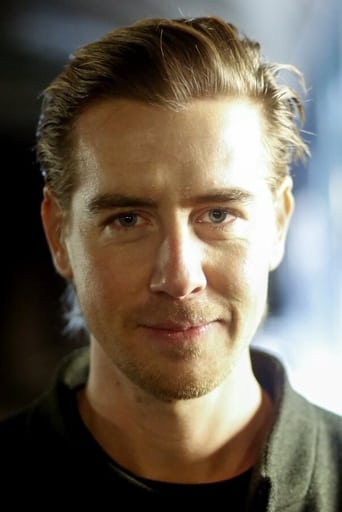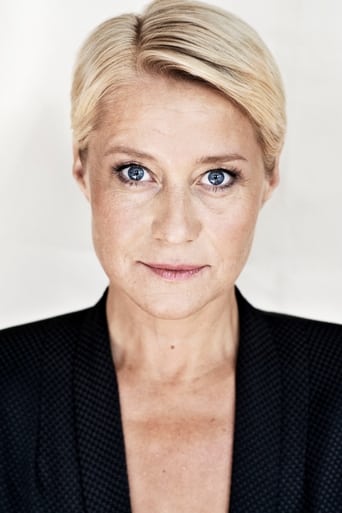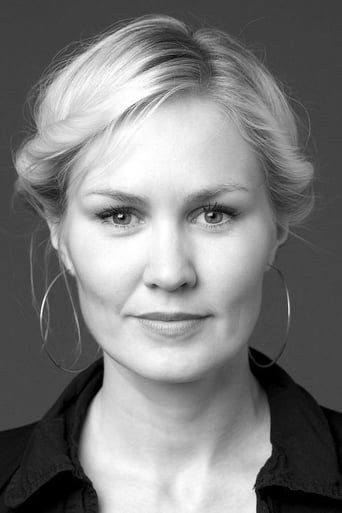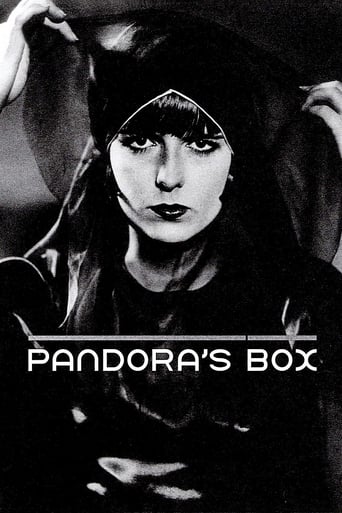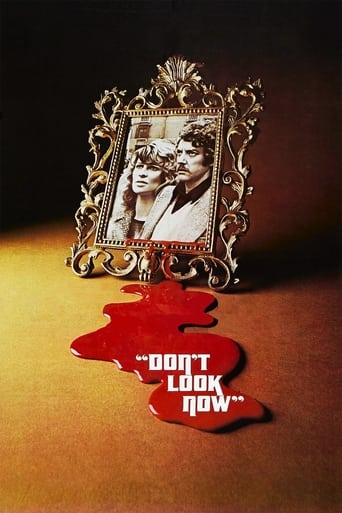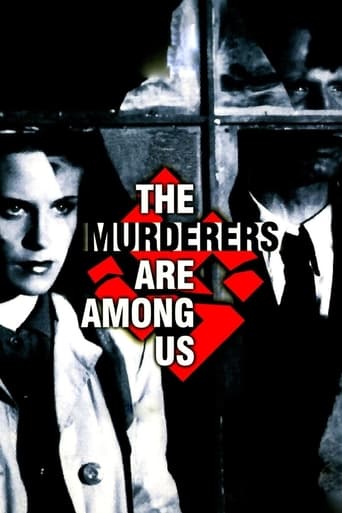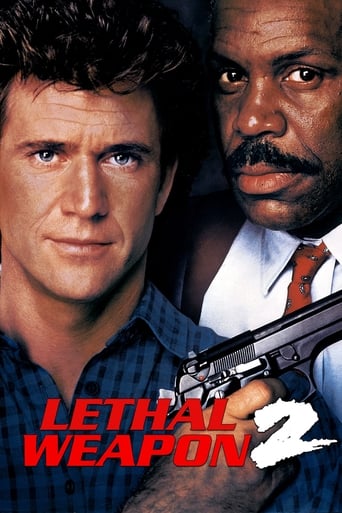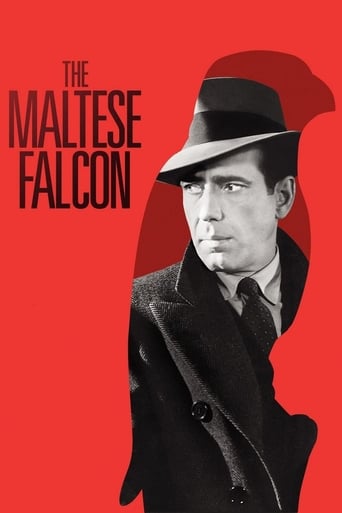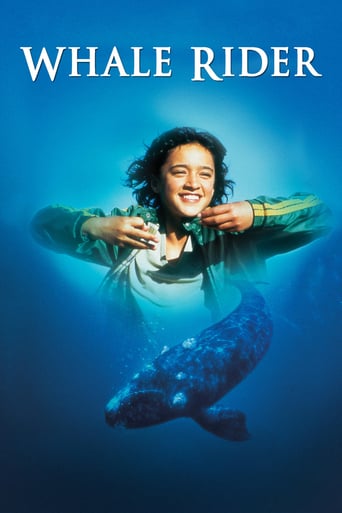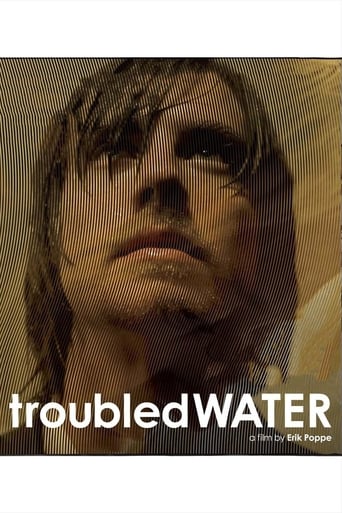
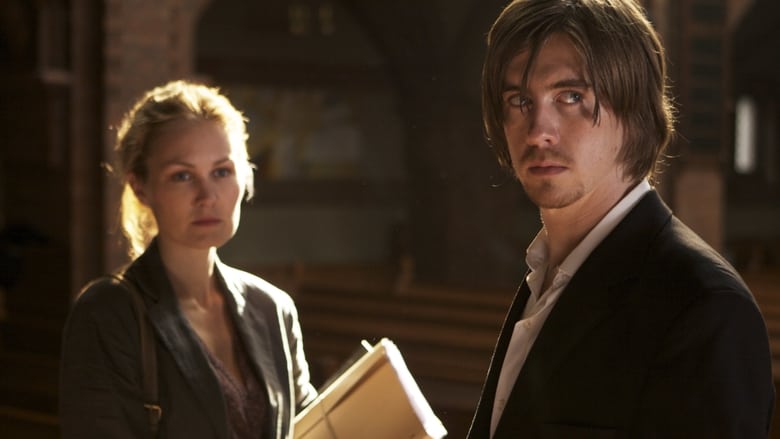
Troubled Water (2008)
A man with a troubled past is released on parole. He finds work as a church organist and develops a rewarding relationship with a priest and her young son. However, his past soon catches up with him.
Watch Trailer
Cast


Similar titles
Reviews
A Brilliant Conflict
what a terribly boring film. I'm sorry but this is absolutely not deserving of best picture and will be forgotten quickly. Entertaining and engaging cinema? No. Nothing performances with flat faces and mistaking silence for subtlety.
One of the film's great tricks is that, for a time, you think it will go down a rabbit hole of unrealistic glorification.
It's simply great fun, a winsome film and an occasionally over-the-top luxury fantasy that never flags.
Troubled Water is a story of a young man and a devoted mother trying to move on from events that happened in the past. Of course, when the past is as complicated as the death of a child, it is hard to escape. Troubled water is a story of faith and religion, denial, forgiveness, redemption, and acceptance and rebirth.The story is told from two points of view: Thomas and Agnes. Thomas is released from prison after serving a sentence for killing a child. Agnes, as the mother of the deceased child, has very strong feelings about that. Soon after being released, Thomas gets a job at a church playing the organ. He bonds with the priest and her son while Agnes, horrified, watches. Neither Thomas nor Agnes is particularly religious but faith and religion come up a lot in the storyline. The pastor talks to Thomas and tells him that even the doubters have a place in the church. Religious icons are featured prominently in the story too. The inmates light candles during their church service to represent the hope they have. Poppe uses his camera to capture church imagery in his scenes. Several times when Thomas is sitting/standing near his organ the camera captures his head or his face but focuses on a statue in the background. The statue resembles Jesus and serves as a reminder that God sees all. Baptism is also a theme found throughout the movie. First, when the class field trip is learning about the baptismal font and at the end when Thomas and Agnes are in the water and undergo a baptism of sorts.Another theme that comes up in the film is denial. Thomas is in denial about what happened with Isak and Agnes is in denial about Thomas's intentions toward Jens. When people try to confront him with the truth, Thomas becomes angry and defensive. Many people remember that, during the trial, the two boys blamed each other for the death and neither took responsibility. Thomas maintains throughout most of the movie that Isak's death was an accident and he was not a murderer. At the very end after saving Jens and facing death Thomas admits that he killed Isak. When Agnes encounters Thomas she becomes very angry, even lashing out at the clergy at the church where Thomas works. She cannot understand why they would let Thomas near Jens and refuses to listen to the people who tell her that Thomas loves Jens. She ends up kidnapping Jens, thinking that it is for his own good, and demands answers from Thomas. When Thomas saves Jens Agnes understands that while Thomas may have killed her son he does not want to do the same to Jens. She realizes that Thomas isn't a cold-blooded child killer she once believed.Forgiveness is featured prominently She also believes that God's forgiveness is what most people really need. Throughout the film Thomas believes that he doesn't need to apologize to anyone and therefore doesn't need any forgiveness. At the end Thomas admits his guilt and he and Agnes share a long wordless moment together. Agnes touches his face, showing that she is at peace with what he did to her son.Following the theme of forgiveness is the theme of redemption. Anna states in the film that atonement is much better than forgiveness. While Thomas struggles with life outside of prison he tries to move on by being with Anna and Jens. When Jens accidentally hits his head on the wall, Thomas frantically checks his head for injury. Thomas's concern for Jens demonstrates his determination to do better and not let the past repeat itself.Thomas and Agnes are both broken individuals scarred by life experiences but they are able to move on with acceptance and rebirth. Thomas's broken hand represents his internal state. Thomas also is in possession of a broken mirror which gives his reflection a broken appearance. At first, Agnes appears to be of sounder mind. Her internal turmoil is slowly revealed, especially when she goes out to dinner with her husband's new boss. She ends up hysterically laughing over the loss of her son. She then makes an irrational decision to kidnap Anna's child. Thomas and Agnes's conflict comes to a head when they work together to save Jens. As I mentioned above, their dip in the water represents a baptism. As explained at the beginning, a baptism represents rebirth and the events that follow after the river demonstrate both Thomas and Agnes have been reborn. Agnes accepts Thomas explanation for her son's death and appears to be at peace. She returns to her family where they are united by love. Thomas's ending is more ambiguous but it is clear that he is more at peace with himself after his confession.I think this movie takes a complex issue and explores it very well. The death of a child is one of the most devastating experiences humans can know and not all reactions are the same. I really enjoyed this movie because it gives an accurate representation of the aftermath of such devastating experiences. I think that the message that atonement is much more important than forgiveness is an excellent insight of the human experience. This is because atonement represents outward actions that make things right while forgiveness is an inner feeling. Many people can benefit from atonement but forgiveness is limited.
I just chanced upon this film. It is the story of a young man who makes a horrible mistake. Like so many bad decisions, this act directed the rest of his life. Now we find him out of prison, trying to hold on to a job as a church organist. What I thought was really a good move was to be sure that many were aware of his past. It would have been a much weaker film if he had secretly kept those in authority in the dark about why he was where he was. The interactions of the characters are believable and real. He develops a relationship with a woman and her child and then has to face the fact that his trust needs to be earned. He is filled with guilt and would like to start over, but his every move is scrutinized; his actions are being observed by the woman for whose child's death he is held responsible. The grieving of the family is palpable and it is hard to blame them. The central theme of forgiveness is here all along. How often have we heard that failure to forgive can poison us eventually. That is at work here again and it is handled impressively. The acting is subdued and controlled. There is no citizenry carrying pitchforks. I recommend this movie without hesitation.
The two main actors are doing excellent work as the immature Jan Thomas and the grief-stricken Agnes, and the organ music is truly powerful. These are the good parts.The bad sides are that the plot is thin, the manuscript uses dubious techniques to get us intrigued and the pacing runs like syrup.The writer, Harald Rosenløw-Eeg is a YA-writer and I think this shows here. The plot deals with morality like typical Norwegian social-realism: the kind of YA-fiction a teacher would recommend. (The kids prefer books about star struck lovers and epic sword-fights, but that's another story).The big problem with the manuscript, in my eyes, is that it delivers the story like it's a crime mystery when in reality it is a heavy character-driven drama. Gradually revealing twist after twist works well in Poirot-style-not-too-realistic-plots, but here it just leaves a sour taste when it is contrasted by the deep-felt character development.The pacing is slow, slow, slow and many of the scenes seems overstated. It could have made a truly great short-film though.
"Troubled Water" is a film that encourages viewers to think about truth, forgiveness, and second chances. Jan is seeking to start a new life after he is released from prison for a crime he says he didn't commit, and so he finds a job as an organist in a church. He was imprisoned for the murder of a four-year-old boy, and later on in the film, the viewers meet the family of the boy that died. It isn't until later in the film that the two sides of the story meet and the story becomes clear, so the viewers spend a large part of the film wondering what actually happened to the boy that died. Director Erik Poppe uses flashbacks to show bits and pieces of what happened, but not the full story until later. This method of releasing information little by little can create feelings of suspense, but can also cause confusion and frustration.Poppe often jumps back and forth between parts of a story. It was very common in another of his films, "Hawaii, Oslo" and is prevalent in this film as well. The film starts with Jan's story about starting his new life and seeking a second chance, and then dives in to Agnes's story about what her life has been like after her son died. Jumping around from story to story causes suspense, which can be good, but it also frustrated me. I couldn't believe that Jan would leave Jens on his own with the bike, after everything Jan had been through, going to prison, and now starting his life over again. It seemed to me that Jan was being extremely reckless in that scene, and it frustrated me even more when Poppe didn't show us what happened until much later. This very well could have been his intention, to create suspense, but I found it almost annoying. It makes it difficult to discern the truth."Truth" is also used in a religious sense in the film, when Jan and Anna are discussing religious matters and what they believe in. Jan is trying to find some truth within himself, as far as where he belongs and what his place is in the world. Playing organ for a church seems to have an interesting impact on him, while he begins a new life and is surrounded by Christians. Eventually he joins in and receives Communion. Agnes is also searching for a truth, because she wants to know what really happened and is unwilling to forgive Jan.Forgiveness is something that Jan and Agnes are both struggling with. Jan discusses forgiveness with Anna. Agnes is unwilling to forgive Jan for what he did, partially because she doesn't know exactly what happened, but also because she believes he killed her son, which would be unforgivable. Agnes's husband, Jon, is more willing to move on with life and let it go, and he is able to provide a voice of reason for Agnes, who goes out of control toward the end of the film. It was hard for me to watch the part where Agnes takes Jens away from Jan. At first it seems like she's taking him just to get back at Jan, because she's in a terrible mood and is being rather irrational. It seems to be a classic case of "two wrongs don't make a right". I thought that Agnes was moving too quickly and out of control, and it seemed like she was going to cause more trouble. Eventually it becomes clear that she was trying to protect Jens, in a way, but I think she did more harm than good.Jan is given a second chance to do something good with his life when he is released from prison to go play organ at a church. Although we later find out that he did essentially kill the young boy, the people at the church are willing to let him work there, to give him a second chance. In one scene, Agnes is upset with the church for allowing him to work there. The man from the church says that he is not defending Jan's previous actions, but there is no better place for him to receive a second chance than at the church. Agnes still struggles with what Jan did do her son though, and she won't forgive him or give him a second chance.Erik Poppe encourages viewers to think about their own lives and what is important. He uses truth and forgiveness to encourage thought and reflection. I found "Troubled Water" to be a wonderful catalyst for reflection on my own life, although there were various aspects of the film that I was rather annoyed with, specifically jumping between stories and Agnes's rash action. Nevertheless, Poppe delivered an entertaining and thought-provoking film with a good story to tell.


